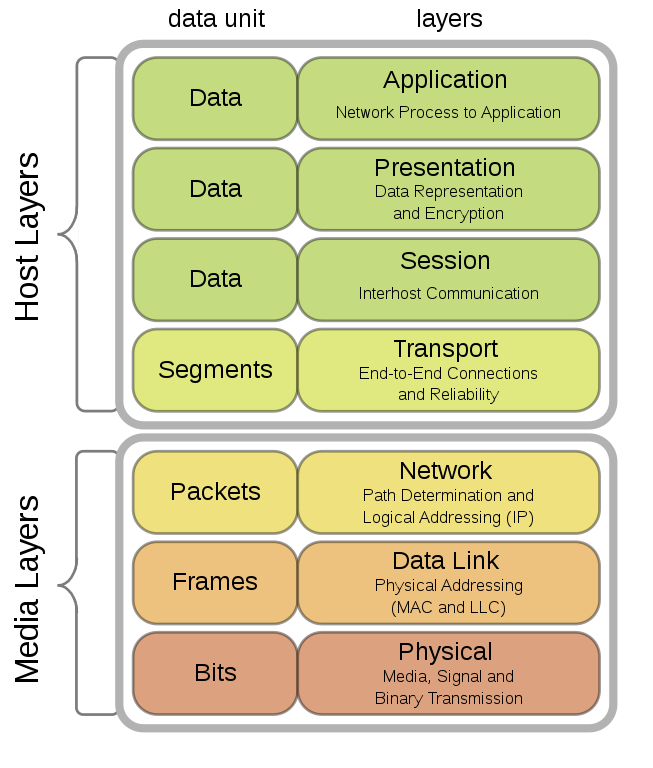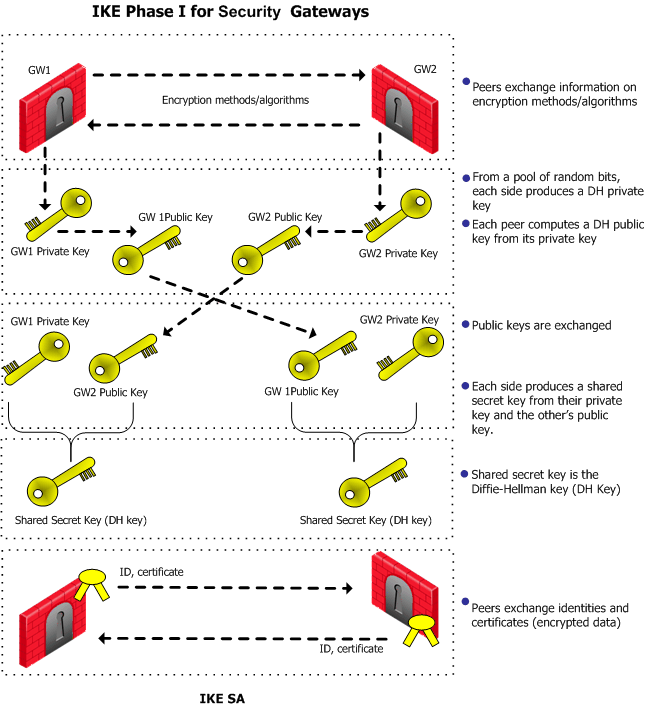Featured
Table of Contents
Ipsec (Internet Protocol Security) Vpn
These negotiations take two kinds, primary and aggressive. The host system that begins the process suggests encryption and authentication algorithms and settlements continue until both systems decide on the accepted procedures. The host system that begins the process proposes its preferred file encryption and authentication approaches but does not work out or alter its choices.
Once the data has been moved or the session times out, the IPsec connection is closed. The private keys utilized for the transfer are deleted, and the process comes to an end.
IPsec uses two primary protocols to offer security services, the Authentication Header (AH) procedure and the Encapsulating Security Payload (ESP) procedure, together with numerous others. Not all of these procedures and algorithms have to be utilized the particular choice is determined throughout the Negotiations stage. The Authentication Header procedure authenticates data origin and integrity and offers replay defense.
Understanding Vpn Ipsec Tunnel Mode And ...
A trusted certificate authority (CA) offers digital certificates to validate the interaction. This enables the host system receiving the information to verify that the sender is who they declare to be. The Kerberos protocol supplies a central authentication service, permitting gadgets that utilize it to verify each other. Various IPsec applications might use different authentication methods, but the outcome is the very same: the safe and secure transfer of information.
The transportation and tunnel IPsec modes have a number of crucial distinctions. Transportation mode is mostly utilized in circumstances where the two host systems communicating are trusted and have their own security procedures in place.
Encryption is used to both the payload and the IP header, and a new IP header is added to the encrypted packet. Tunnel mode provides a safe and secure connection in between points, with the original IP packet covered inside a brand-new IP package for additional defense. Tunnel mode can be used in cases where endpoints are not trusted or are doing not have security systems.
What Is Ipsec? - How Ipsec Work And Protocols Used
This implies that users on both networks can interact as if they were in the very same space. Client-to-site VPNs permit specific gadgets to link to a network from another location. With this option, a remote employee can operate on the exact same network as the rest of their group, even if they aren't in the same area.
(client-to-site or client-to-client, for example) most IPsec geographies come with both benefits and drawbacks. Let's take a closer look at the advantages and disadvantages of an IPsec VPN.
An IPSec VPN is flexible and can be set up for various use cases, like site-to-site, client-to-site, and client-to-client. This makes it a good option for organizations of all shapes and sizes.
How Does Vpn (Ipsec) Work?


IPsec and SSL VPNs have one main difference: the endpoint of each procedure. An IPsec VPN lets a user link remotely to a network and all its applications.
For mac, OS (via the App Shop) and i, OS variations, Nord, VPN uses IKEv2/IPsec. This is a mix of the IPsec and Internet Secret Exchange variation 2 (IKEv2) procedures. IKEv2/IPsec permits for a secure VPN connection, without compromising on web speeds. IKEv2/IPsec is just one alternative readily available to Nord, VPN users, however.
Stay safe with the world's leading VPN.
Transport Mode - An Overview
Prior to we take a dive into the tech things, it is necessary to discover that IPsec has quite a history. It is interlinked with the origins of the Web and is the result of efforts to develop IP-layer file encryption methods in the early 90s. As an open procedure backed by constant development, it has actually proved its qualities for many years and although challenger procedures such as Wireguard have actually occurred, IPsec keeps its position as the most widely used VPN procedure together with Open, VPN.
SAKMP is a protocol utilized for establishing Security Association (SA). This treatment includes two steps: Phase 1 develops the IKE SA tunnel, a two-way management tunnel for crucial exchange. When the communication is established, IPSEC SA channels for safe and secure data transfer are established in phase 2. Qualities of this one-way IPsec VPN tunnel, such as which cipher, method or key will be used, were pre-agreed by both hosts (in case of IPsec VPN, this is a connection between a gateway and computer).
IPsec VPNs are extensively used for a number of reasons such as: High speed, Very strong ciphers, High speed of establishing the connection, Broad adoption by running systems, routers and other network gadgets, Of course,. There are alternative choices out there such as Open, VPN, Wireguard and others (see the list of vital VPN procedures on our blog).
- Overview Of Ipsec -
When developing an IKEv2 connection, IPsec uses UDP/500 and UDP/4500 ports by default. By standard, the connection is established on UDP/500, but if it appears throughout the IKE facility that the source/destination lags the NAT, the port is switched to UDP/4500 (for info about a technique called port forwarding, inspect the short article VPN Port Forwarding: Good or Bad?).
There are a number of differences in terms of innovation, usage, advantages, and disadvantages. to secure HTTPS traffic. The function of HTTPS is to safeguard the content of interaction in between the sender and recipient. This ensures that anybody who wants to intercept interaction will not be able to find usernames, passwords, banking info, or other sensitive information.
All this information can be seen and monitored by the ISP, federal government, or misused by corporations and aggressors. To remove such dangers, IPsec VPN is a go-to service. IPsec VPN deals with a various network layer than SSL VPN. IPsec VPN operates on the network layer (L3) while SSL VPN runs on the application layer.
Ipsec Configuration - Win32 Apps

When security is the main issue, contemporary cloud IPsec VPN must be picked over SSL considering that it encrypts all traffic from the host to the application/network/cloud. SSL VPN protects traffic from the web internet browser to the web server only. IPsec VPN secures any traffic in between two points identified by IP addresses.
The issue of choosing in between IPsec VPN vs SSL VPN is closely associated to the topic "Do You Required a VPN When The Majority Of Online Traffic Is Encrypted?" which we have actually covered in our recent blog. Some might believe that VPNs are barely required with the increase of in-built encryption directly in email, internet browsers, applications and cloud storage.
Latest Posts
Top Vpn Services - Enterprise Networking Planet
What Is A Business Vpn? Understand Its Uses And ...
Best Vpns For Freelancers And Remote Workers: Protect ...